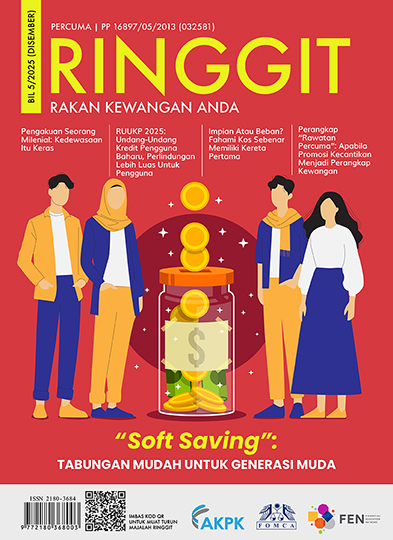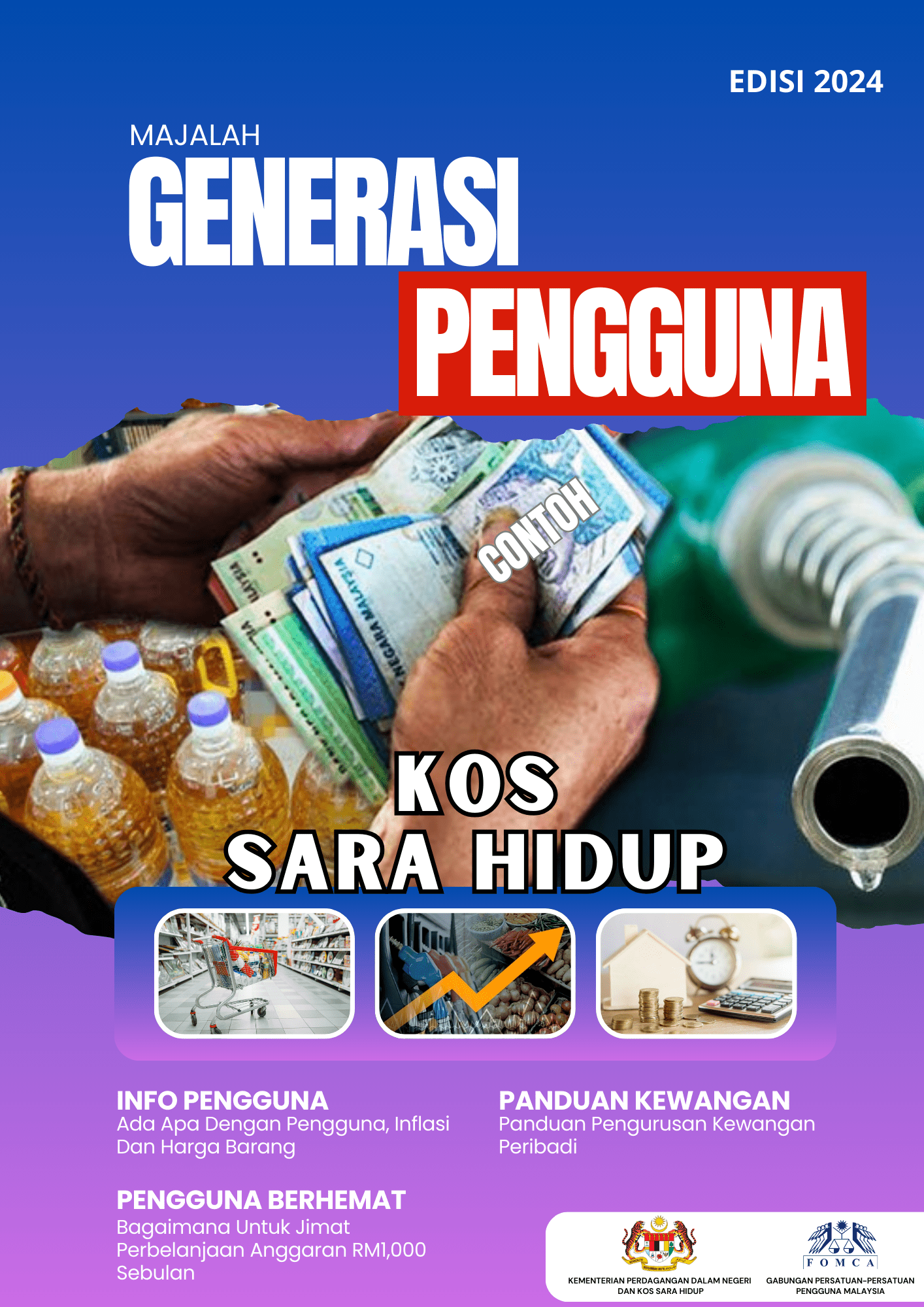 In 1972, after the first day of the United Nations Conference on Human Environment, it was decided that there would be a day declared as World Environment Day. Since 1974, World Environment Day has become a global celebration with a common theme of "Only One Earth" to signify the importance of protecting the one and only place we call home.
In 1972, after the first day of the United Nations Conference on Human Environment, it was decided that there would be a day declared as World Environment Day. Since 1974, World Environment Day has become a global celebration with a common theme of "Only One Earth" to signify the importance of protecting the one and only place we call home.
This initiative also aligns well with our No 13 of our Sustainable Development Goal (SDG), which is climate action. Environment Day is celebrated on annually on June 5 and aims to promote awareness to protect our nature and biodiversity. The theme for the year 2020 is "Biodiversity" with the tagline "Time for Nature". What do we mean by biodiversity?
At its root, biodiversity basically means the variation of all the species from various habitats and terrains. Biodiversity is not a list of plants and animals, but a series of relationships in a complex web. When one part disappears, every other part of this complex chain is affected.
Biodiversity comprises three levels of diversity, which are genetic diversity, species diversity and ecosystem diversity. Thus, it is the foundation for a healthy planet and healthy people. Diverse ecosystems are more resilient and better able to recover from stress such as drought or human-induced habitat encroachment such as over-grazing.
Intact natural habitats offer many benefits to people, including an improved water catchment area, which would allow us to have better control of flood occurrence, filtering of water runoff and air pollution and many more just to name a few. On the other hand, time for nature is a calling for all people to take care of nature. One of the ways we can take care of ourselves during this uncertain time is to care for nature so that it can care for us back.
Based on the data from the University of Maryland released in Global Forest Watch in 2019, we lost primary rainforest the size of a football pitch every six seconds the entire year - which was 2.8 percent higher than 2018, with at least 1.8 gigatons of carbon dioxide (CO2) emission, which is approximately equivalent to the annual CO2 emission of 400 million cars.
The primary rainforest is a rainforest that has remained pristine, unaffected by human activities and exists in its original condition. According to Global Forest Watch, Malaysia last year cleared 120,000 hectares of primary rainforest and from the year 2000-2012 Malaysia cleared 14.4 percent of its rainforest - which is about 47,278 square kilometres, an area larger than Denmark.
This is how lacklustre we are when it comes to saving the environment. Even though Malaysia is ranked the 21st most biodiverse country in the world with 2,199 endemic species, 18 percent of these species are facing extinction, with animals like the tiger estimated to be only 250 in the wild.
On an individual scale, open burning and public littering by consumers also has become a huge problem for Mother Earth. Day by day, our consumption rate is increasing, hence resulting in more and more landfills to be created by clearing trees and plants. Heavy poaching and sales of exotic animal products have also driven animals towards extinction.
If these unscrupulous activities keep thriving, we would lose most of our biodiversity. However, this can be prevented by taking a few measures at the personal and national level. First, at the individual level, parents should ensure children are aware of their natural heritage by bringing them to visit local attractions. This will instil a sense of love and a will to protect the local heritage for its beauty and values.
The people should be encouraged to plant indigenous plants (native to their area) as these plants will create a blissful environment to sustain local birds and insects. Parents and educators should also be encouraged to bring students to the local zoo and nature reserves to foster a fondness towards animals’ which would instil the will to protect those animals.
Children are at the best age to foster a love for animals as at that age they can be easily moulded and guided into the right path, as the Malay proverb goes "Melentur buluh, biarlah dari rebungnya".
Finally, and perhaps the most important measure to take, is not to litter or dump garbage onto our natural resources like rivers and forests. Rubbish attracts pests and in huge amounts creates landfill that produces leachate that damages the environment by polluting the soil and waterways.
On a national scale, wildlife protection laws have to be made stiffer to deter poachers and hunters, since the current laws seem to do little to nothing in deterring poachers. Fines of up to a hundred thousand ringgit currently imposed are easily paid off by poachers and explain the huge revenue they make by hunting these animals. For instance, as stated above, the number of our tigers has plummeted to mere hundreds and hefty fines are imposed on poachers, yet we do not see poachers stopping their actions.
A stiffer set of rules needs to be imposed on these perpetrators to deter their inhumane activities. A close example would be what China has imposed on poachers of panda bears, who if found guilty can face up to 10 years imprisonment or in extreme cases, life imprisonment or even death sentence.
On the other hand, the government could also deploy the army to protect the critically endangered species from trophy hunters and poachers, similar to what is being done in India and countries in Africa. Finally, more forest has to be gazetted so that it remains pristine and undisturbed to ensure the continuum of local species under a thriving ecosystem.
In a nutshell, in conjunction with the World Environment Day, the Federation of Malaysian Consumers Associations (Fomca) and Water & Energy Consumers Association of Malaysia (Wecam) would like to urge consumers and the government alike to take a pledge and stand up for the environment as we humans are only a miniscule lifeform in this vast chain of the ecosystem, so that we do not become the reason for the downfall of Mother Earth.
Humans, given the title of the smartest species in the world, should uphold our values and save the environment as the saying goes "With great power, comes great responsibility". So, come let's together do our part for the environment and spend some "Time For Nature".
MARIMUTHU NADASON is president of the Federation of Malaysian Consumer Associations (Fomca).
-- The views expressed here are those of the author/contributor and do not necessarily represent the views of Malaysiakini.




